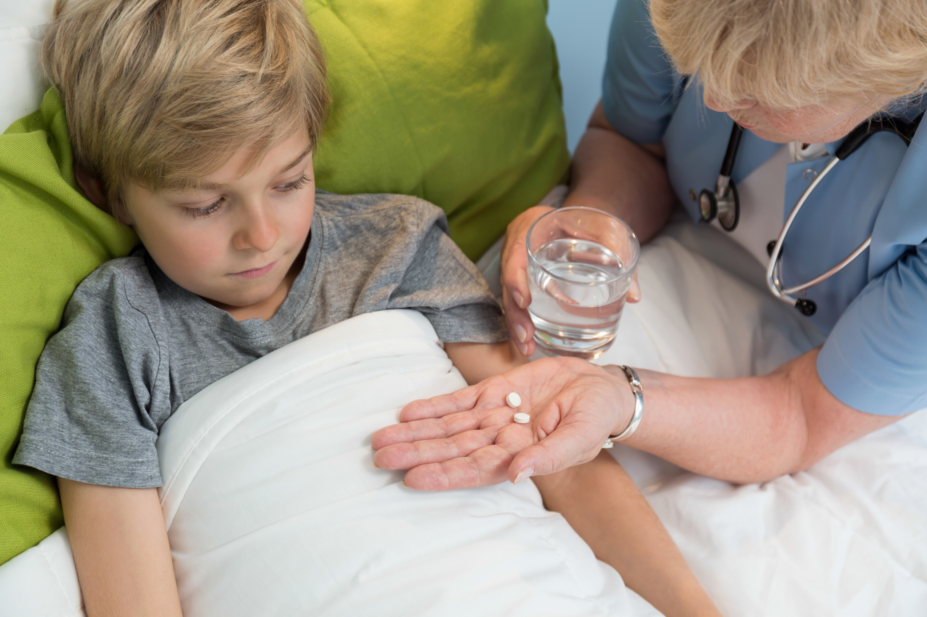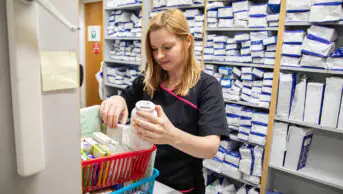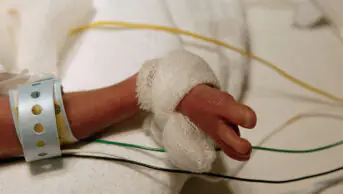
Shutterstock.com
Charity Pharmacy Research UK and the Evelina London Children’s Hospital are launching a project to help teach young patients to take tablets and capsules.
‘Pill School’ will test how effective a training programme would be in switching children from liquid medicines to the tablet or capsule version.
Those behind the project said even young children were capable of swallowing tablets but, to date, no one has systematically established training sessions as part of NHS children’s services.
If successful, tablets offer a safer, convenient and cheaper option to liquid medicines.
And the team led by Asia Rashed, research pharmacist at King’s College London and Evelina London Children’s Hospital, said there was evidence that children who have been taught to swallow pills prefer taking their medicine this way.
Pharmacy Research UK is contributing £50,000 to the project alongside £12,519 from the Evelina hospital to fund a research nurse and pharmacist.
The project is being set up to assess whether the training works in a hospital setting, what proportion of children can be taught to swallow solid medicines, and gather the opinions of those taking part.
“Discussion with children and their parents suggests that tackling pill swallowing from a younger age would help improve their experience with drug administration and reduce administration errors associated with liquids,” said Rashed.
Steve Tomlin, associate chief pharmacist at Evelina Children’s Hospital, said: “Many children from as young as three years old prefer solid-dose forms as they are easier to take, have little or no taste and are easier to carry around.
“From a professional point of view, tablets are often cheaper, have fewer excipients, can have preferable release mechanisms, and are less risky in terms of ensuring the correct dose is being given.”

